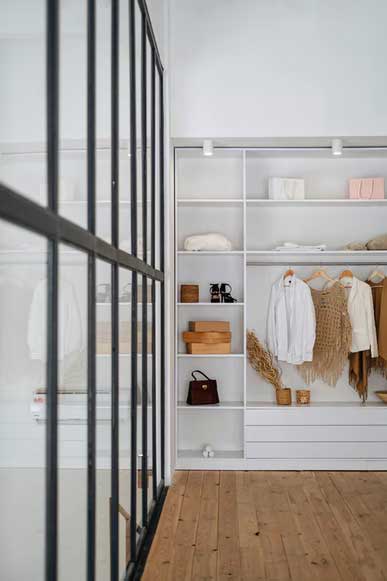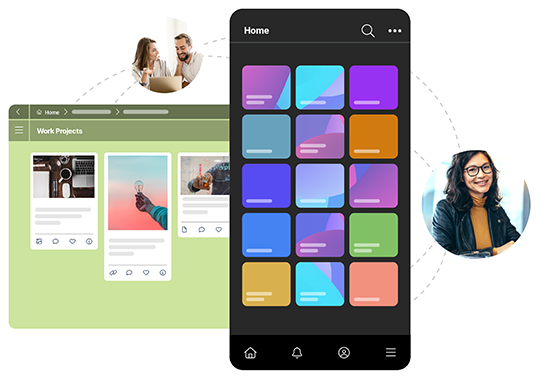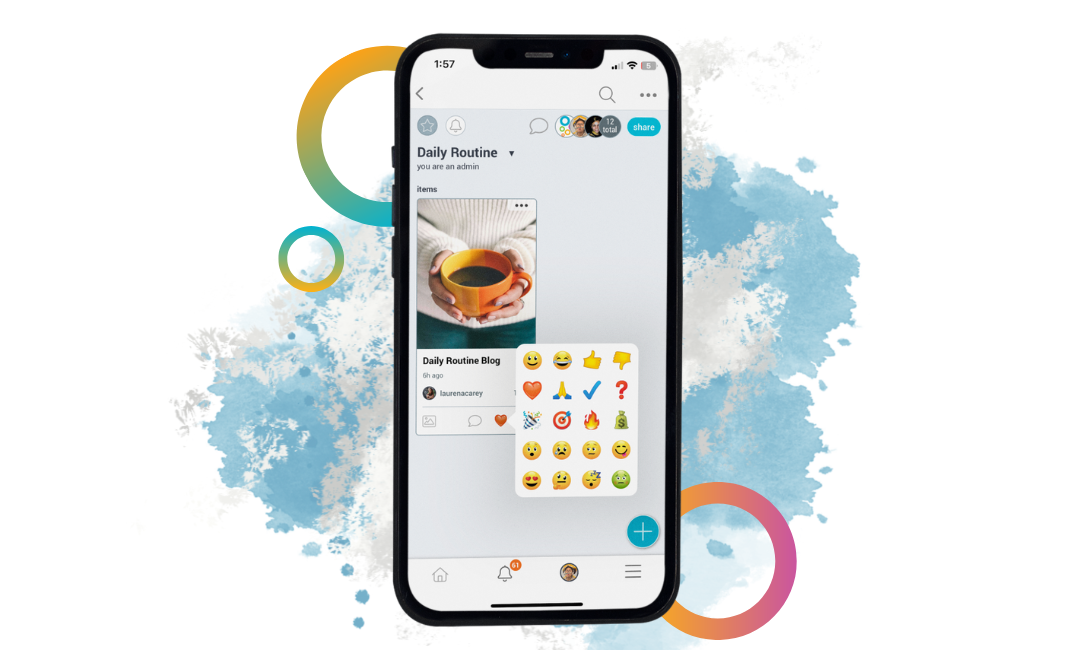Take a look around your home. How much clutter and mess can you see in your immediate living space? Perhaps you’re better than most and have already picked up your laundry and popped last night’s dishes in the washer, but what about your closets or your digital desktop — are they overcrowded and messy?
Assessing the clutter in your physical and digital spaces isn’t meant to be an inquisition. In fact, an honest assessment of your space’s organization is the first step towards better mental health and lower day-to-day stress. That’s because clutter and mental health are integrally linked. Clutter makes it difficult to get things done on time, and can cause you to feel trapped in your space. You’re also much less likely to invite friends over if your space is in disarray, meaning you may start to feel isolated due to the mess you’re living in.
It’s deeply beneficial to take your time when organizing your spaces. So, before you fly into another panicked cleaning spree, try to spend some time giving each item a home and making an investment into organizational tools that help you live a clutter-free life.
Assessing Your Space
Before you start throwing away prized items, it’s worth assessing your space to identify the cause of your clutter and the poor habits which lead to your space becoming a mess.
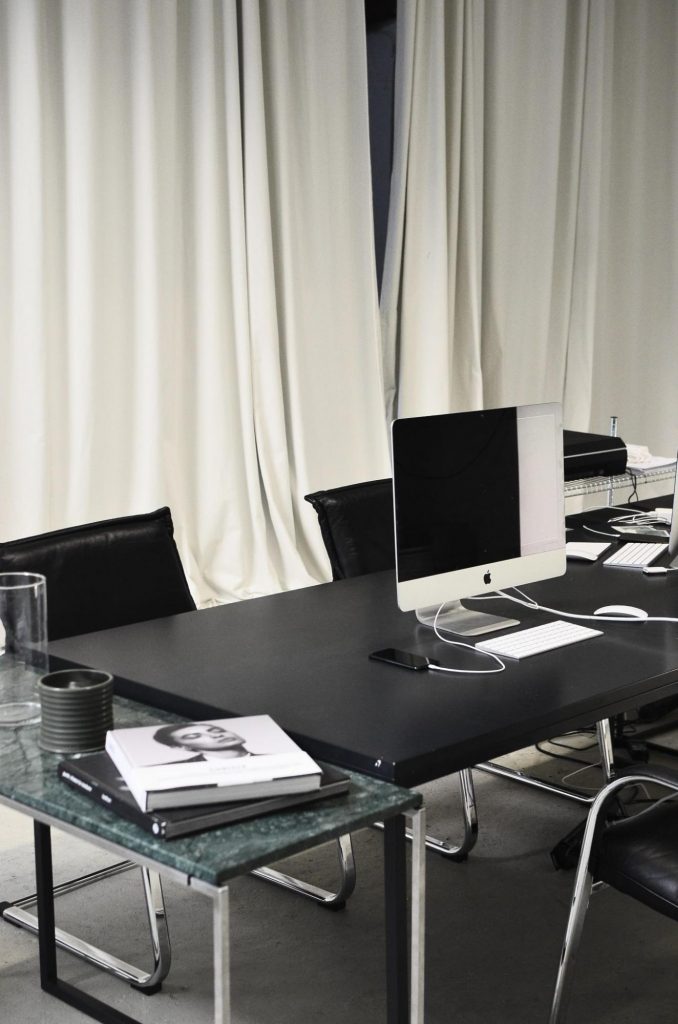
Start with the obvious causes of clutter. For example, you probably don’t need fifteen tea towels, and you can most likely part ways with a few of the coffee cups that you’ve received over the years. Once you’ve moved beyond surface-level clutter, try to dig a little deeper into your space to identify clutter “bottlenecks” that cause you to avoid cleaning.
Clutter bottlenecks exist in your home in spaces where you find cleaning overly laborious or difficult. For most people, clutter bottlenecks occur typically in the kitchen. Tupperware is a great example: when putting away Tupperware does every container and lid fall out before you can shove more into the cupboard? If the answer is yes, then you’ve just identified a clutter bottleneck! Start reorganizing your spaces by identifying these bottlenecks and decluttering them responsibly.
Decluttering Small Spaces
Assessing your space for clutter should help you identify the organizational issues that exist in your home. But what about those small, hard-to-reach areas that cause bottlenecks and slow down your organizational efforts? Well, you can make better use of small spaces by employing a few space-saving hacks in closets and cupboards:
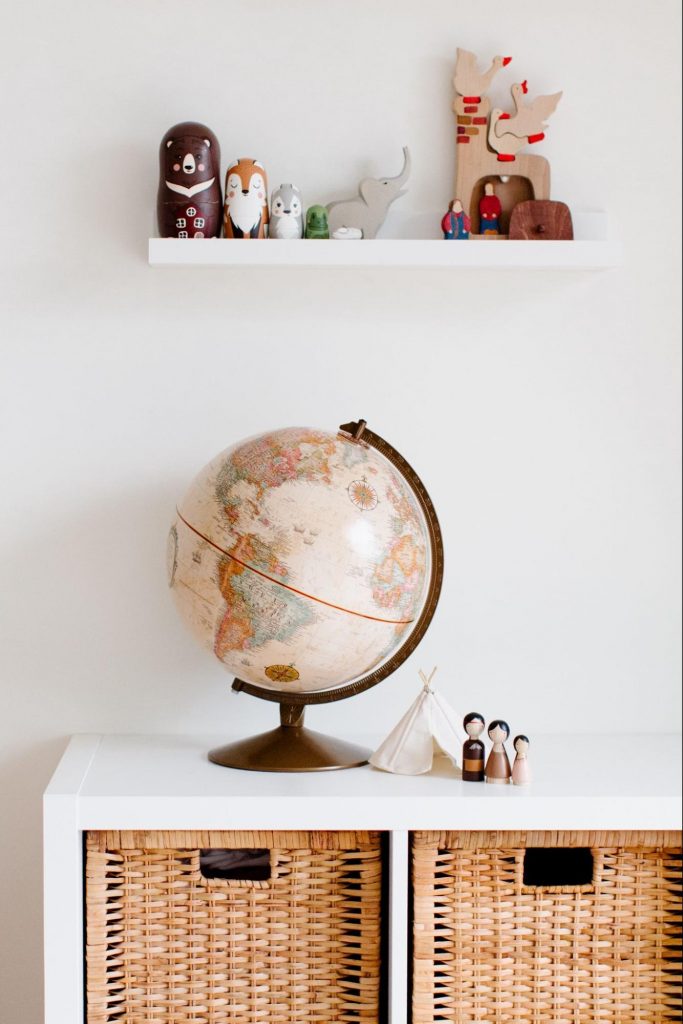
- Use tools like hanger chains, track shelves, compression bags, and over-the-door organizers to immediately free up space.
- Convert a space like a guest room into a storage space with external clothing racks, clearly labeled storage boxes, and easy access to cleaning supplies.
- Alleviate the claustrophobic feeling of small, cluttered spaces by using mirrors that make small spaces feel larger and less cluttered.
Taking the time to organize your small spaces will save you headaches in the future, and will allow you to clean and organize your space without interruption from clutter bottlenecks.
Responsible Decluttering
Assessing your space for excess “stuff” and clutter bottlenecks is one thing — actually doing something about it is another. Decluttering often requires you to throw away a few cherished possessions and can be difficult if you’re not used to the process of saying goodbye to old clothes or nostalgic videos.
You can make the process of cleaning your digital and physical spaces easier by engaging in responsible decluttering. This requires you to donate, recycle, or reuse old items. Keeping your waste out of landfills, and donating or reusing your old stuff can help you maintain a positive outlook while organizing your spaces.

Responsible decluttering also applies to digital products and goods. Properly recycling e-waste can improve the supply of valuable materials used to make our tech. Likewise, if you’re running low on digital storage space, you might feel better about deleting large files like home videos if you send them to a friend or loved one before deleting them from your device.
Digital Organization
You might be a champion of cleaning in the physical realm, but what about your digital spaces? Is your phone stuffed with unused apps, or is your laptop’s memory filled with old college assignments (even though you graduated three years ago!)?

If your digital spaces are suffering from clutter, it might be time to use some of Bublup’s helpful resources and extra storage. Getting extra storage for your digital data is much like owning a storage container for your personal items. Having extra storage, on an app like Bublup, allows you to keep things like important documents and shared files on your personal devices in an organized way leaving the clutter behind. You can create a hierarchy of folders and subfolders, so that everything has a place and is always ever just a click away.
Extra storage on your devices also gives you a better shot at organizing your real-world space, too. Digital storage space allows you to convert physical paperwork into digital documents, meaning you no longer have to stuff every drawer of your office desk with last year’s tax returns or terms and conditions agreements. Create a folder for “Tax Returns” in Bublup, and never look back! They’ll always be there when needed, and you don’t have to deal with the physical clutter.
Conclusion
Spending time organizing your physical and digital spaces can feel a little laborious. However, in the long run, having a home for every item, document, and file will save you time, improve your mental wellbeing, and encourage you to invite friends and family over for socialization.
